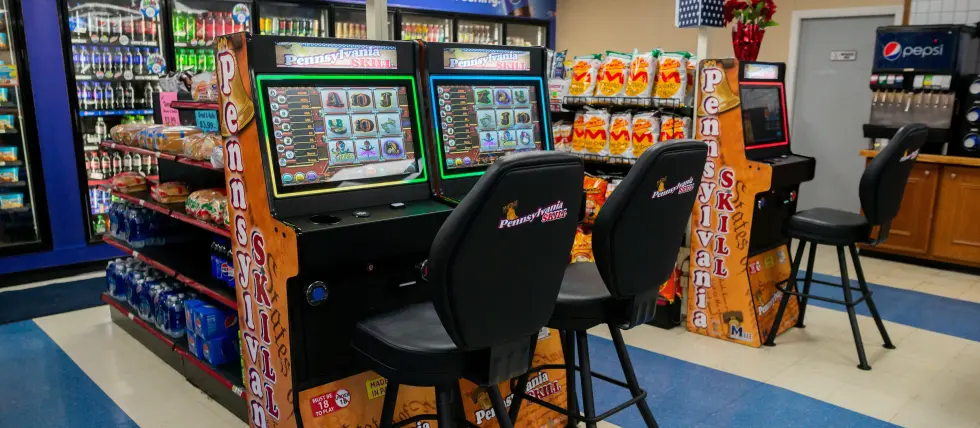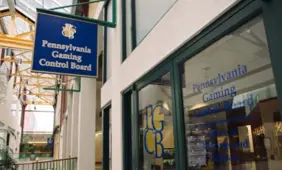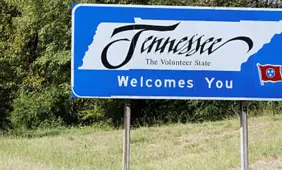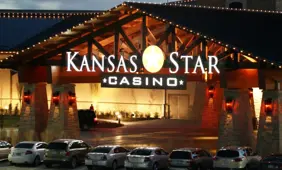New Pennsylvania Skill Games Bill Promises No Additional Taxes
Pennsylvania Rep. Kerry Benninghoff has introduced new legislation that aims to regulate skill games across the state without imposing any additional taxes. House Bill 1619 (HB 1619), introduced last week, outlines a regulatory framework for skill games and confirms that the placement or operation of these machines will not be subject to new taxes or fees unless explicitly authorized by the act. This stands in contrast to other legislative proposals, including those supported by Gov. Josh Shapiro, which have called for tax rates on skill games as high as 52%.

In April, Benninghoff had issued a memo signaling his intent to introduce a bill without a special tax on skill games. The formal introduction of HB 1619 now follows through on that pledge. The bill represents a departure from other proposals that have included various tax rates, including suggestions for 16%, 35%, and 52% taxation on skill game revenue. Instead, HB 1619 retains the current system under which skill game revenue is taxed via standard sales tax and personal income tax.
Related: Pennsylvania Governor Wants to Tax Skill Games at 52%HB 1619 would also grandfather in all existing skill game machines, meaning machines currently in operation would be permitted to continue functioning under the new regulatory framework. The Pennsylvania Department of Revenue would be responsible for overseeing the licensing and distribution of skill games. Under the proposed bill, a licensing program would be created within the Department of Revenue to manage the distribution, operation, and use of these machines across the state.
The bill outlines licensing fees that vary based on the type of entity. Distributors would be required to pay $50,000 for an initial license, while operators would pay $5,000 and establishments would pay $250.
The renewal fees would be reduced to $25,000 for distributors and $1,000 for operators, while the fee for establishments would remain at $250. These licenses would be valid for 10 years, offering stability for businesses involved in the skill games industry.
More Regulation
New Limits to Gambling Venue Numbers
HB 1619 also mentions that there will be limits on the types of establishments that can operate skill games and on the number of games allowed per location. However, the bill does not specify what those limits will be, leaving that responsibility to the Department of Revenue. The department is tasked with implementing and administering the regulatory program, including setting any further restrictions as deemed necessary.
The debate over how to tax and regulate skill games has intensified in recent months, especially with the end of the fiscal year approaching. Gov. Shapiro's proposal for a 52% tax was introduced during his 2025 budget address in February and has faced pushback from small business advocates and other lawmakers. Sen. Gene Yaw proposed a 16% tax rate in April, while Sen. Chris Gebhard suggested a 35% tax rate, demonstrating the range of opinions within the legislature.
Despite the flurry of proposals, the deadline for passing the state's 2025–2026 budget is June 30, and it remains uncertain whether lawmakers will reach a resolution on skill game regulation by that date. Skill games remain legal in Pennsylvania under a Commonwealth Court decision from December 2023. If no new legislation is passed, the industry may continue to operate under that judicial ruling until further action is taken by the General Assembly.
RELATED TOPICS: Regulation
Most Read
Must Read
 Interviews
Interviews
Exclusive Interview: Levon Nikoghosyan Shares AffPapa Winning Formula for Successful iGaming Events
Dec 03, 2025 Interviews
Interviews






Review this New Post
Leave a Comment
User Comments
Comments for New Pennsylvania Skill Games Bill Promises No Additional Taxes